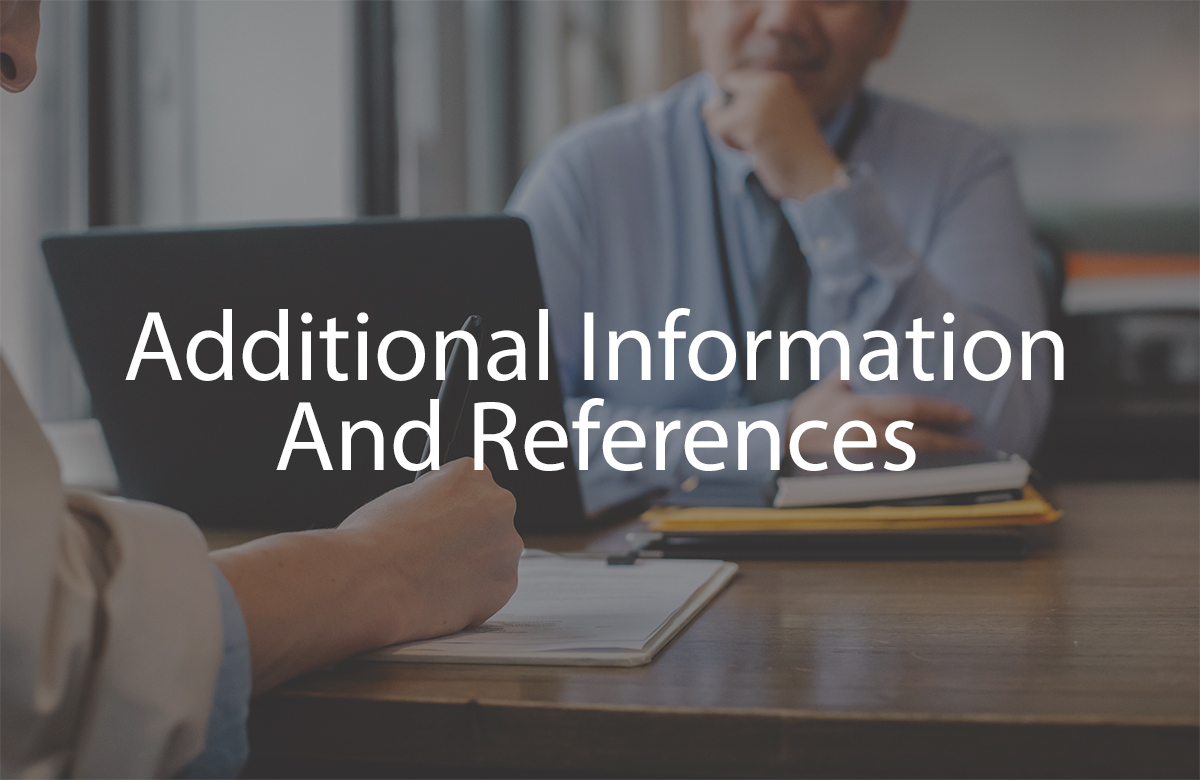
Additional Information and References
Certainly! Here’s more information about the “Additional Information” section and how to handle references on your resume:
Additional Information:
The “Additional Information” section of your resume is a flexible space where you can include any relevant details or qualifications that don’t fit neatly into other sections. Here are some ideas for what you can include:
Security Clearance: If you have a security clearance that’s relevant to the job you’re applying for, mention it in this section.
Availability: You can mention your availability to start a new job or your notice period if you’re currently employed.
Willingness to Relocate: If you’re open to relocating for the job, you can state your willingness to do so in this section.
Professional References: You can mention that professional references are available upon request, though it’s not necessary to list specific references on your resume.
Travel Preferences: If the job involves significant travel, you can mention your willingness and ability to travel as needed.
Driving License: If having a valid driver’s license is important for the job, you can mention it here.
Personal Interests: If you choose to include personal interests, keep them relevant and brief. For example, if you’re applying for a job that requires teamwork, you might mention that you enjoy playing team sports.
Relevant Courses: If you’ve taken additional courses or workshops that are relevant to the job but don’t fit in the education section, you can list them here.
Publications: If you’ve published articles, blog posts, or other content related to your field, you can mention them in this section.
Remember to use this section sparingly and prioritize information that enhances your candidacy for the specific job you’re applying for. Anything you include should add value to your application.
References:
It’s generally not necessary to include specific references on your resume. Instead, you can use the phrase “References available upon request” at the end of your resume. This indicates to potential employers that you are willing to provide references when they ask for them.
When you reach the interview stage or receive a request for references, you can then provide a separate document with your reference information. Be sure to contact your references in advance, let them know that you may be sharing their contact information, and ensure they are willing to speak positively about your qualifications and work history.
References should be professional contacts who can speak to your skills, work ethic, and character. This often includes former supervisors, colleagues, or mentors. Make sure to provide their name, title, company, phone number, and email address when you share your reference list.

Comments are closed.